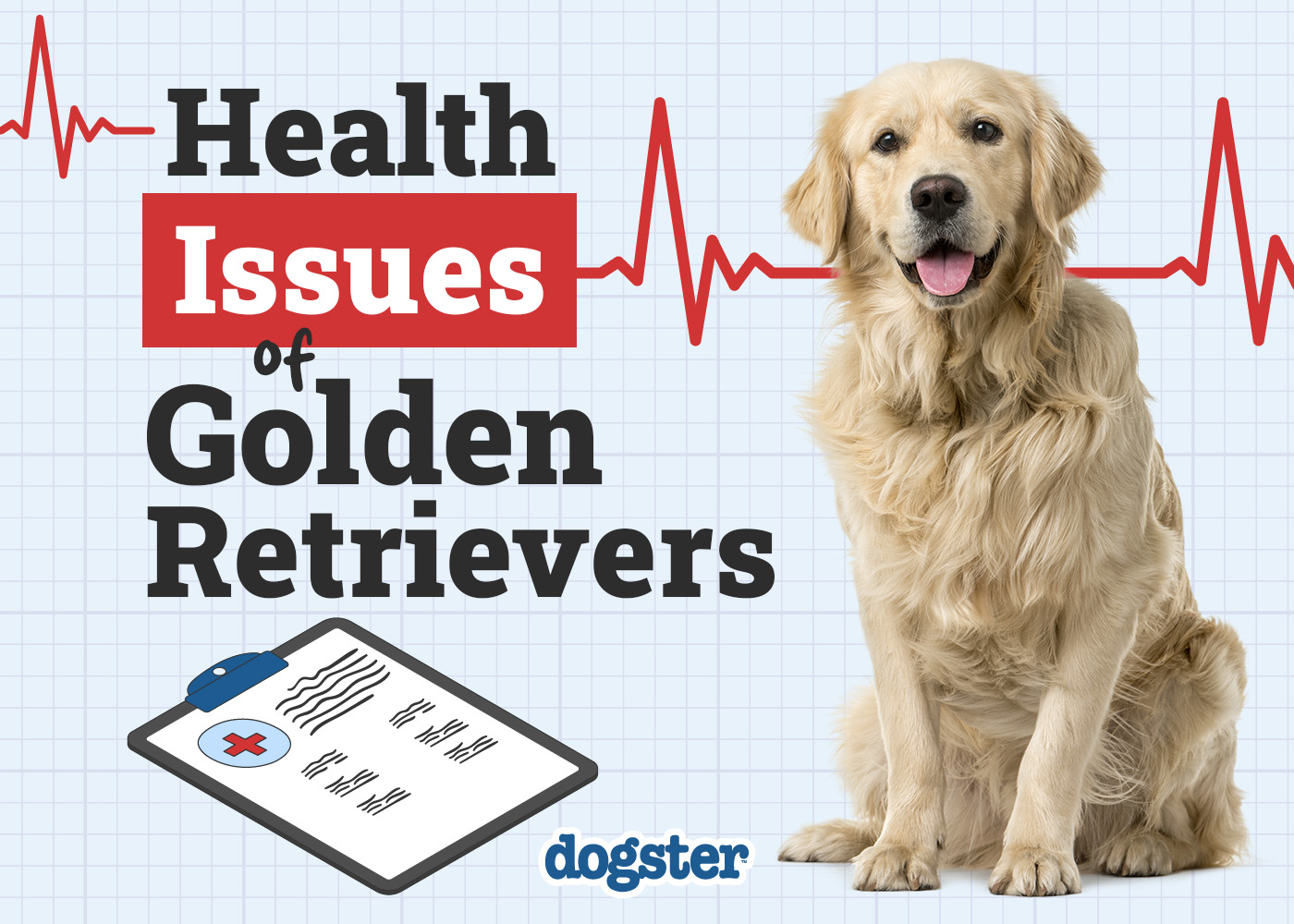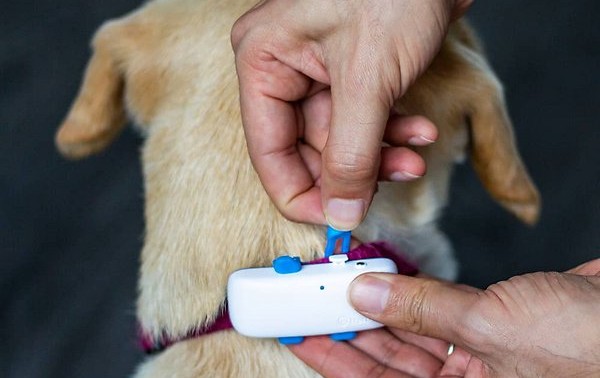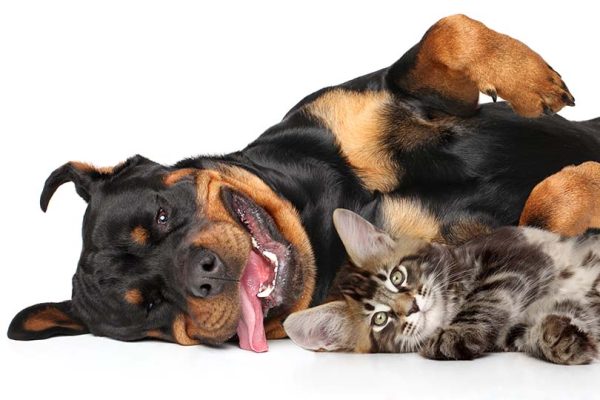The Golden Retriever is one of the most common breeds of dogs across North America. Their family-friendly demeanor and goofy personality draw many people in putting them at the top of the list of favorite dogs. Golden Retrievers are characterized by their big brown eyes, fluffy tails, and big smiles. Their golden coat color comes from their name, “golden,” but they can also be a stark white color.
With every dog comes the possibility of health issues that are common to their specific breed. The Golden Retriever is unfortunately not any different. When you choose to go with this breed, it’s important to keep an eye out for common signs of issues that could arise down the line. Continue reading to learn about the top health issues Golden Retrievers might encounter in their life.

The 6 Most Common Golden Retriever Health Issues
1. Cancer
There are a few types of cancer that can affect the Golden Retriever in their lifetime. These cancers can originate throughout different areas of the dog’s body, such as the lymph nodes, heart, spleen, and liver. Of course, cancers that possibly originate in one organ can eventually spread through a dog’s body to other organs, attacking their overall health.
With cancer diagnoses, usually chemotherapy ends up being the preferred form of treatment. Cancers in pets can be found through health and behavior changes.
- Lumps under/in the skin
- Swollen lymph nodes
- Behavioral changes
- Low energy
- Weight loss
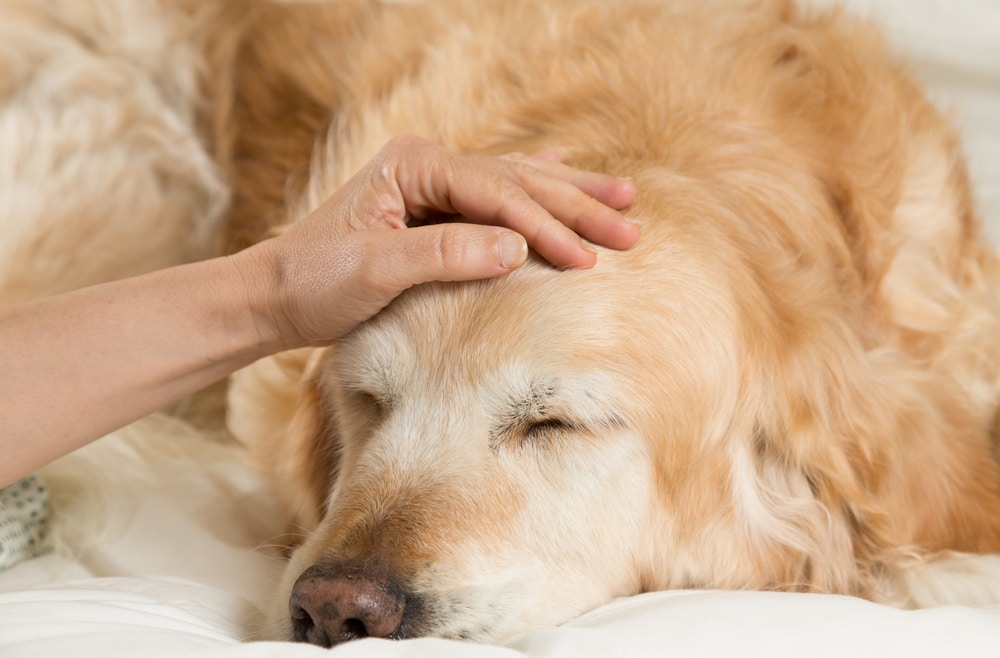
2. Skin Conditions
Golden Retrievers are prone to different skin conditions such as hot spots and conditions that can result in severe itchiness and irritated skin. These conditions can result in inflammation, redness, dry skin, and even bacterial infections if left untreated.
Hot spots can be seen across different breeds of dogs and are usually characterized by areas of the skin where dogs are incessantly licking, areas where fur has decreased, and scabbing. These are relatively common and can be treated quickly and efficiently. You will usually see this occur behind the ears, under a dog’s neck, and around their hips.
- Red spots on the skin
- Licking and chewing
- Loss of fur
- Scabs and pus
3. Hip and Elbow Dysplasia
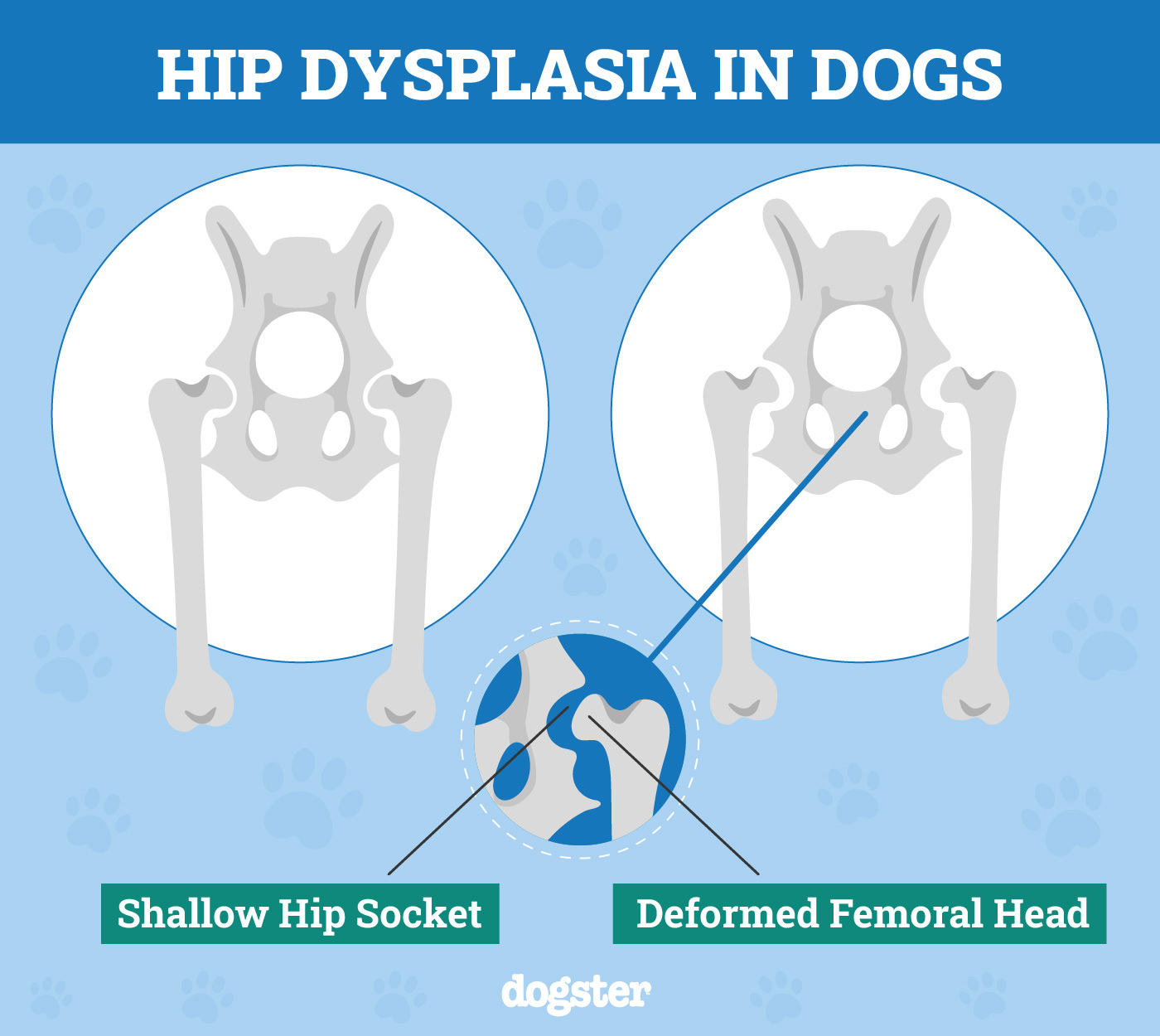
This breed has issues with its joints, especially as they age. Typically, it’s in their hips and elbows, which is understandable, seeing as they are active dogs with bigger middle bodies. Also, being animals who function on all fours, joint issues are relatively common across different dog breeds.
Hip and elbow dysplasia is caused by poorly formed joints, which results in the bones at the joints rubbing against each other. This, of course, is a natural process as we move around but when the bone isn’t sitting correctly in the joint socket, it can cause issues over time. This is usually seen in older dogs as it’s a condition that develops and gets worse over time.
- Slow when getting up
- Unusual walking or limping
- Not wanting to go upstairs or jump
4. Heart Conditions
There are a few different heart conditions and diseases that can affect Golden Retrievers negatively throughout their lifetime. Some can be inherited from their parents and others can be developed as they age. Other heart conditions, such as Nutritional Dilated Cardiomyopathy (Nutritional CDM), can be brought on by choosing a grain-free diet when not suggested by a veterinarian.
These heart conditions and diseases take different forms but may eventually result in changes to the structures of the heart and blood flow. When the heart isn’t receiving enough blood and oxygen, it can result in heart damage.
- Breathing issues
- Weakness
- Less active
Seek veterinary advice if you’re concerned about your pet’s well-being.
If you need to speak with a vet but can't get to one, head over to PangoVet. It's our online service where you can talk to a vet online and get the advice you need for your dog — all at an affordable price!

5. Eye Conditions
Golden Retrievers are prone to eye issues like obstructed vision and even blindness. They can be affected by cataracts, which result in a clouding in a dog’s eyes. There are different levels of cataracts, and they can increasingly affect the life of your dog depending on how advanced the clouding is. This clouding can usually be seen by a white film developing in your dog’s eyes, and it can be rather obvious how bad the cataracts are by observing how much of the eye is covered.
- Change in eye color
- Irritated eyes
- Issues with vision

6. Hypothyroidism
Another health issue that is common in Golden Retrievers is hypothyroidism. This is a condition that is a result of a decreased level of essential hormones being produced from the thyroid (located in the neck). It is a condition that more often affects larger-sized dogs, so, therefore, it makes the list of common health issues for Golden Retrievers.
The most common sign of hypothyroidism is weight gain that has not been brought on by other possible conditions or diet changes. It can also be brought on by a poor immune system.
- Unexplained weight gain
- Low levels of energy
- Skin issues

Final Thoughts
If you choose to get a Golden Retriever, it’s important to keep these common health issues in mind so that you know how to properly care for them. It can also be a useful list to be aware of if you notice any behavioral changes or issues with their skin, energy levels, diet, and more.
Keep your dog healthy by grooming them regularly, going for regular check-ups at the vet, and keeping an eye out for different signs or changes in their health.
- See also: How High Are Cancer Rates in Golden Retrievers? Vet-Reviewed Health Facts & Prevention Tips
Featured Image Credit: StudioByTheSea, Shutterstock
